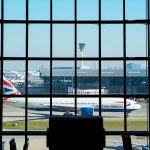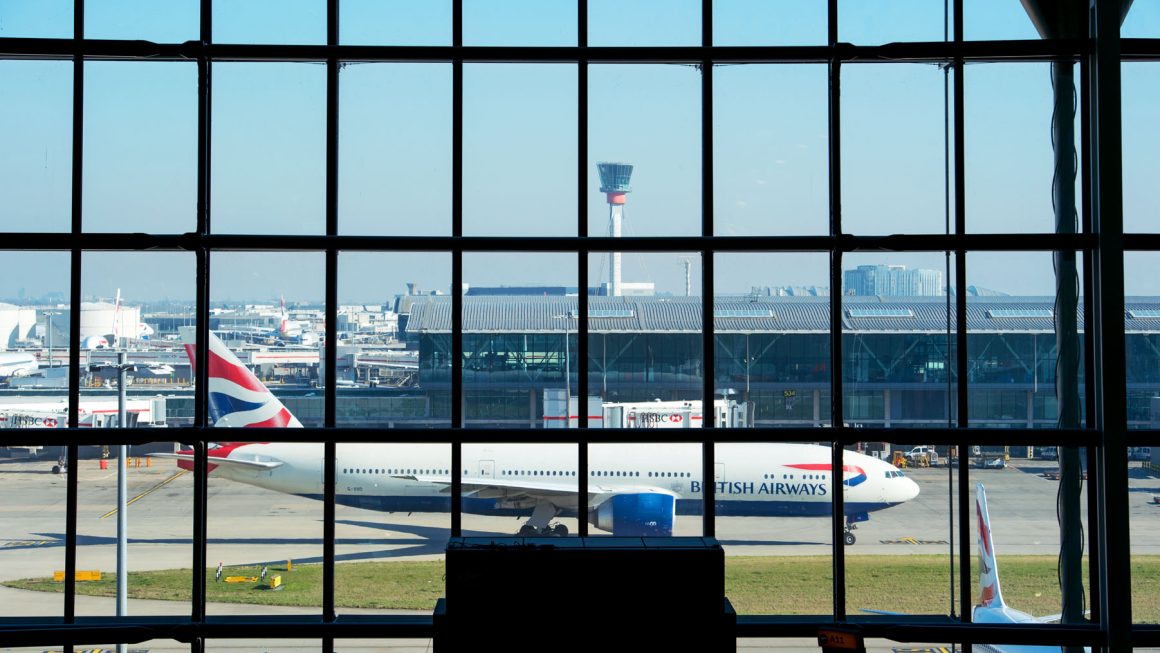Motorists in London will face significantly higher fines for parking and traffic offences from next month, as penalty charges are set to increase for the first time since 2011.
London Councils has announced that from Monday 7 April, penalty charge notices (PCNs) will rise by £30 across all categories, following approval from the Mayor of London and no objection from the Transport Secretary.
The highest-level fines will now match those already imposed on Transport for London (TfL) managed roads, which were increased in 2022.
Fine increases across all categories
The new charges will see the most serious parking offences in high-priority areas (Band A) rise from £130 to £160, with other increases as follows:
- Band B parking penalties will increase from £110 to £140
- Lower level Band A penalties will rise from £80 to £110
- Lower level Band B penalties will increase from £60 to £90
- Bus lane and moving traffic contraventions will both increase from £130 to £160
All penalties will continue to offer a 50% discount if paid within 14 days.
Additional fees are also rising substantially, with wheel clamp release fees increasing from £70 to £100, car pound release fees jumping from £200 to £280, and daily storage fees going up from £40 to £55 per day.
“Necessary deterrent” say councils
London Councils, which represents the capital’s 32 borough authorities, defended the increases as necessary to ensure penalties remain an effective deterrent after years of inflation eroding their real value.
Stephen Boon, London Councils’ Chief Operating Officer, said: “Boroughs have a duty to ensure London’s roads remain safe and accessible for everyone. The vast majority of motorists who abide by the rules will be unaffected by these changes.
“Penalty charges have not changed since 2011 and the evidence clearly showed they needed to be increased to remain as an effective deterrent for the small minority who don’t abide by the rules.”
Figures released by London Councils show the number of PCNs issued in the capital has increased by around 70% since 2010, rising from 4.8 million in 2009-10 to 8.3 million in 2023-24, suggesting the current fine levels may not be sufficiently discouraging non-compliance.
Freedom Pass funding
The councils emphasised that revenue generated from PCNs must be legally ring-fenced for transport improvements and cannot be diverted into general funds.
A significant portion of the money raised helps fund the Freedom Pass, which provides free public transport for 1.2 million older and disabled Londoners.
“Any net revenue raised from PCNs is reinvested in transport schemes, including paying for the Freedom Pass providing free public transport for older and disabled Londoners,” Mr Boon explained.
Motorist groups respond
The announcement has drawn criticism from motorist organisations. “A 23% increase in penalties during a cost of living crisis will hit many drivers hard,” said Sarah Thompson from the Association of British Drivers. “We understand the need for traffic management, but this feels like an excessive jump after keeping charges static for so long.”
However, sustainable transport campaigners have welcomed the move. Urban mobility specialist James Richardson commented: “Higher penalties are needed to deter illegal parking that blocks bus routes and cycle lanes. This brings borough penalties in line with TfL roads, creating a more consistent system across London.”
Rare enforcement for compliant drivers
London Councils emphasized that PCNs affect only a tiny fraction of the more than two billion car journeys in the capital each year. According to their figures, 99.55% of journeys do not result in a penalty charge.
For drivers who believe they have been wrongly penalised, the councils reminded motorists of their right to challenge fines with the authority concerned and ultimately appeal to the independent London Tribunals adjudicator if necessary.
The changes come after a public consultation and were approved by London Councils’ Transport and Environment Committee, which is responsible for setting these charges on borough roads.
With London facing ongoing challenges of congestion, air pollution, and road safety, officials hope the increased penalties will encourage greater compliance with traffic and parking regulations while generating funds for essential transport services across the capital.













